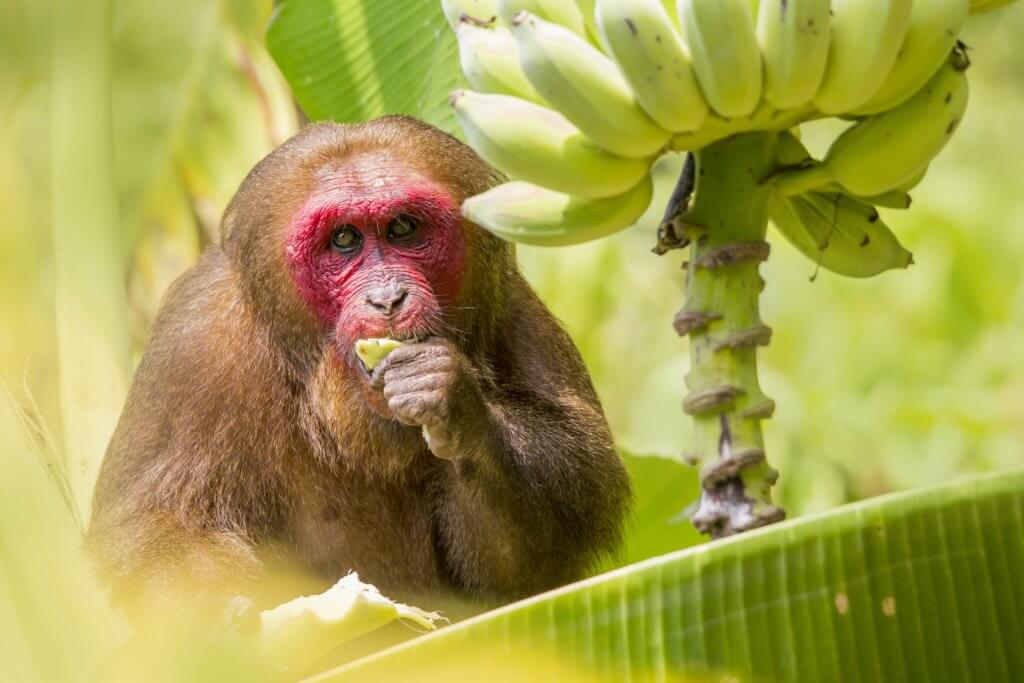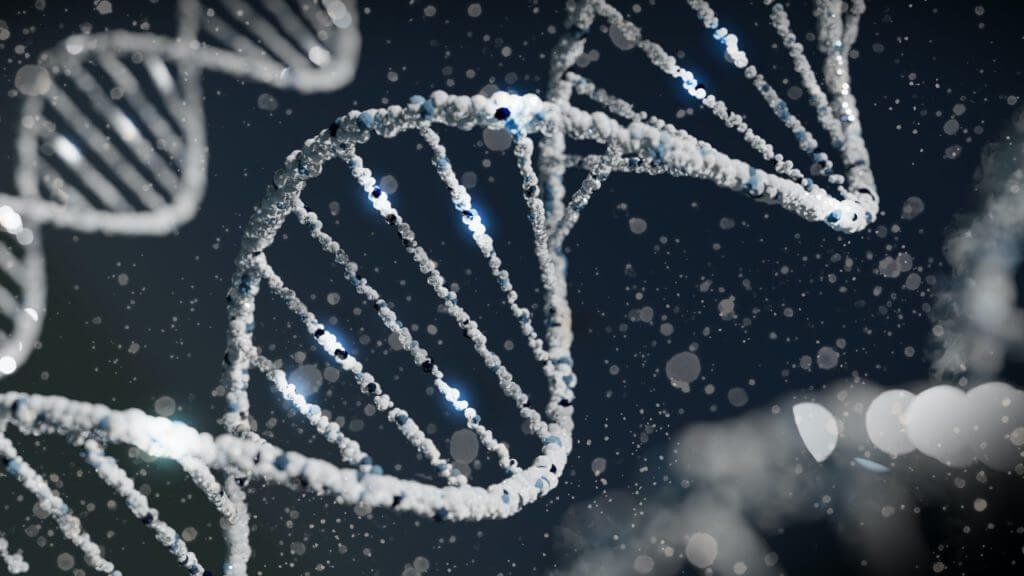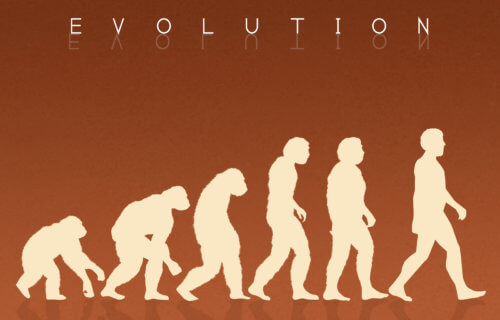NEW HAVEN, Conn. — Philosophers and scientists alike have debated what makes up the true essence of humanity for as long as mankind has walked the Earth. What is it that separates us so decisively from the rest of the animal kingdom? Researchers have long looked to our DNA for answers, searching for something “added” during our evolutionary history. Ironically, researchers from Yale University now suggest what the human genome lost somewhere along the evolutionary line was just as crucial to the development of humankind as any additions.
Conducted in collaboration with the Broad Institute of MIT and Harvard, this project compared the human genome to the genomes of other primates. Study authors say this work fills an important gap in modern science’s understanding of historical changes to the human genome. While recent breakthroughs have allowed scientists to identify additions that are specific to the human genome — for example, a gene that was critical to humans developing the ability to speak — far less attention has been paid to what’s missing from our genome.
This latest work made use of an even deeper genomic dive into primate DNA, revealing that the loss of roughly 10,000 bits of genetic information (most as small as a few base pairs of DNA) over the span of our entire evolutionary history appears to differentiate humans from chimpanzees, considered our closest primate relative. Notably, some of those “deleted” pieces of genetic information are closely related to genes linked to neuronal and cognitive functions, including one associated with the formation of cells in the developing brain.

Importantly, these newly discovered 10,000 missing pieces of DNA (which are present in the genomes of other mammals) are not present in any humans. This fact, study authors say, attests to the evolutionary importance of these “genetic deletions,” and indicates that they conferred some biological advantage.
“Often we think new biological functions must require new pieces of DNA, but this work shows us that deleting genetic code can result in profound consequences for traits make us unique as a species,” says Steven Reilly, an assistant professor of genetics at Yale School of Medicine and senior study author, in a university release.
Genetic deletions changed the ‘wording’ of human DNA
This study is just one of several published in the scientific journal Science by the Zoonomia Project, an international research collaboration aimed at cataloging the diversity in mammalian genomes by comparing DNA sequences from 240 species of mammals in existence today. Researchers found that certain genetic sequences present in the genomes of most other mammal species, varying greatly from mice to whales, seemed to just disappear in humans. However, instead of disrupting human biology as one might assume, some of these deletions created new genetic encodings that eliminated elements that would normally turn genes off.
The deletion of this genetic information, Prof. Reilly explains, had an effect equivalent to removing three characters — “n’t” — from the word “isn’t” to create a new word, “is.”
“Such deletions can tweak the meaning of the instructions of how to make a human slightly, helping explain our bigger brains and complex cognition,” the researcher explains.

The research team made use of a technology called Massively Parallel Reporter Assays (MPRA), which is capable of simultaneously screening and measuring the function of thousands of genetic changes among species.
“These tools have the capability to allow us to start to identify the many small molecular building blocks that make us unique as a species,” Prof. Reilly concludes.
The study is published in Science.
You might also be interested in:
- Humans evolved into water-saving primates — thanks to evolution of the nose?
- ‘Drunken monkey theory’ suggests humans inherited a taste for alcohol from primates
- Human vision traced back 55 million years to the world’s smallest primate

